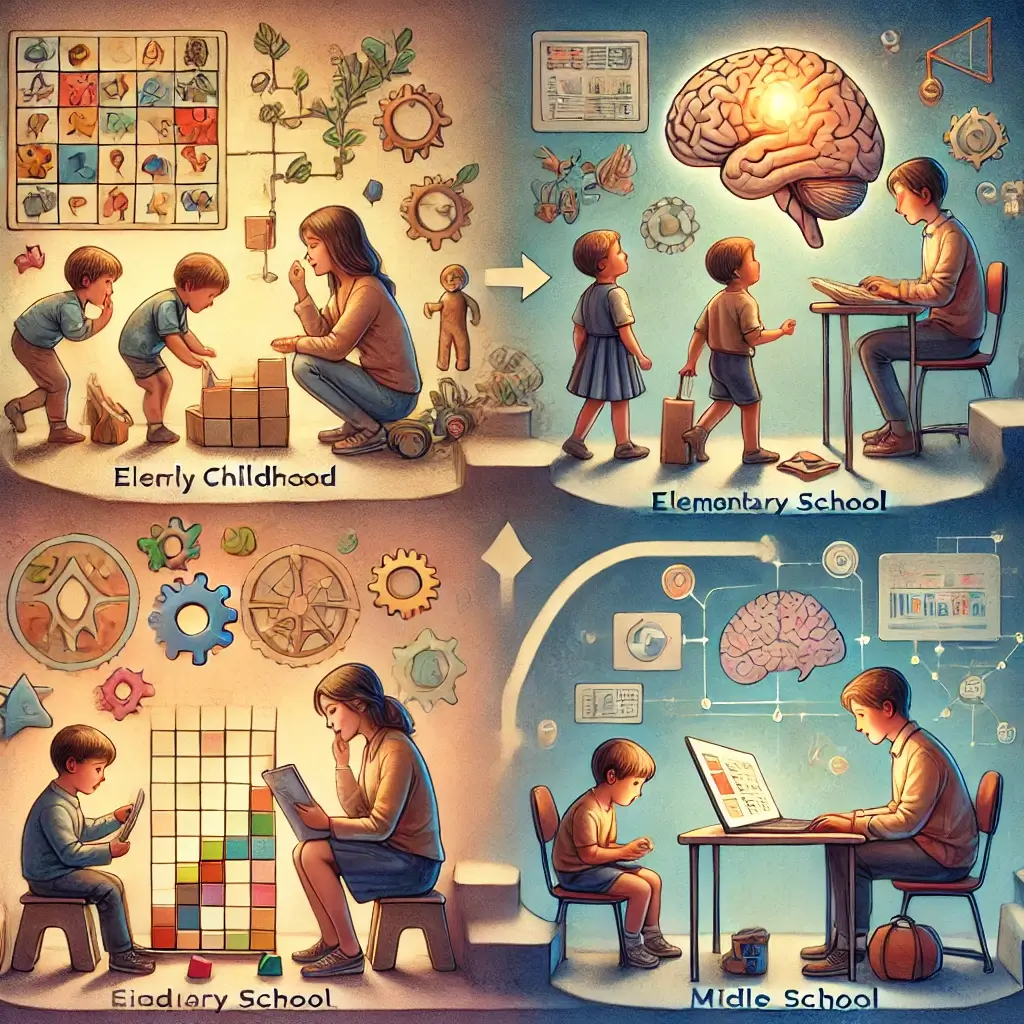New Parent’s Guide to Bonding With Your Child
When it comes to bonding with children, new parents often struggle. This is because becoming a parent overnight is a significant change in your life, and you likely feel a range of complex emotions. To strengthen your relationship with your child, there are a lot of things you may do. One way is to attend a new parents’ group. Several groups exist, including those in your local baby center, church, or hospital.
Postpartum Depression
Postpartum depression can be a severe issue for mothers. But there are several ways to deal with the condition. One way is to seek help early on. For example, the American Academy of Pediatrics urges that healthcare professionals screen pregnant women for postpartum depression during a well-child check-up.
Counseling or group therapy can help. A counselor can help a mother learn to control her thoughts and relax. The support of friends and family can help a new mother cope with postpartum depression. Lifestyle interventions such as improving nutrition and getting sufficient sleep can also help. Lastly, couples should remember to care for each other during this difficult time.
Parental Leave
Parental leave is a special type of leave that is provided to new parents. It allows parents to spend time bonding with their children. This leave can occur anytime in the first year after the child’s birth. In most cases, it’s taken as a single 12-week period, but you can take it in different parts.
Some studies have suggested that the length of parental leave significantly impacts mother-child bonding. The quality of mother-child interactions mediated this effect and was marginally significant. However, new parents should not assume that the length of leave is the only factor that affects their bonding with their children.
Skin-to-Skin Contact
Skin-to-skin contact between new mothers and child helps newborn babies adjust to their new environment and benefits both parties. It helps babies regulate their body temperature and promotes a faster latch on the breast. It also encourages breastfeeding success and lowers stress for the mother. Moreover, it helps reduce the incidence of postpartum depression.
Most healthcare providers encourage skin-to-skin contact between new parents after childbirth. However, educating parents about the benefits of skin-to-skin contact is also helpful. Holding a newborn covered with bodily fluids can be an incredible experience for new parents. Through education, new parents can better accept skin-to-skin contact and avoid negative reactions.
Tone of Voice
The tone of voice is the way parents communicate with children. If you use your voice calmly and nonjudgmentally, your child will respond with security and comfort. On the other hand, if you yell, you are likely to provoke more resistance and disrespect in your child.
Studies have shown that tone of voice affects adolescents’ behavior, relational responses, and emotional reactions. For example, according to one study, adolescents responded more positively to motivational statements delivered in an autonomy-supportive tone. In contrast, teens given instructions in a neutral tone of voice were more likely to react negatively. These findings have important implications for both parent-child relationships and the well-being of adolescents.
Task-Oriented Parenting
The literature on task-oriented parenting is rich, with six key themes guiding its study. First, those who adopt this approach to parenting can expect to bond with their child on a deeper, more human level. It also promotes confidence in parenting and a strong connection with their child.
New parents have many demands on their time, including physical care, safety, and interpretation of cues from their children. Furthermore, the child’s communication abilities change, so parents must adjust their behavior to meet these changes. Research on parenting tasks has focused on parenting interventions, but there are also gaps in the literature.













